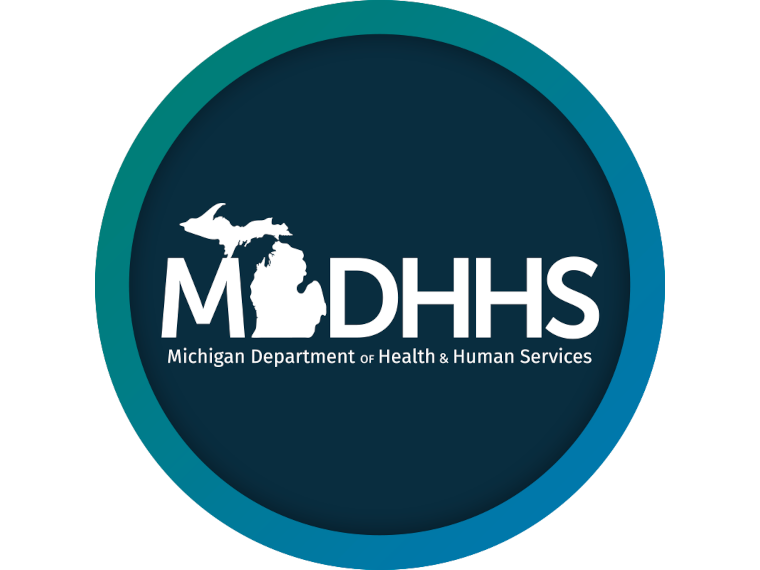Other help is available for people affected by the change
Image by Steve Buissinne from Pixabay
LANSING, Mich. – Families who receive food assistance through the Supplemental Nutrition Assistance Program (SNAP) should prepare for the end of the increase in benefits that have helped address food insecurity during the COVID-19 pandemic due to recent federal legislation.
February will be the last month that people in Michigan and other states receive the extra food assistance benefits – which have been at least $95 more per month. In March the additional benefits will no longer be issued.
People who receive food assistance should prepare and seek needed resources to accommodate this reduction in their benefits. Among the options are food banks and other agencies in their local communities, which can be found at www.michigan.gov/MIBridges under the “Explore Resources” tab or by calling 2-1-1.
People affected by the upcoming changes can also find help on this website, which includes information about resources such as local food banks, free and reduced-price school lunches, the WIC program for women and babies and Double Up Food Bucks – which provides $1 in Double Up Food Bucks for every $1 (up to $20 per day) that Bridge Card users spend on fresh fruits and vegetables purchased from participating retailers.
For family budgeting purposes, SNAP benefits are available to use for nine months once they are issued.

“Approximately 1.3 million Michiganders have received additional food assistance monthly during the pandemic to help them put food on the table in challenging times,” said Lewis Roubal, Michigan Department of Health and Human Services (MDHHS) chief deputy director for opportunity.
“We appreciate the support from our federal partners,” Roubal added. “Now that we know the additional benefits will be going away, we want to make sure our clients are prepared for this change, as we realize inflation is affecting all of us.”
The additional food assistance was ended in the federal Consolidated Appropriations Act of 2023 that was signed Dec. 29, 2022.
To address the effects of the newly emerged COVID pandemic, in April 2020, some Michigan residents began getting additional food assistance. In May 2021, all eligible households began getting these extra monthly benefits. Michiganders have been receiving the extra food assistance in a separate, second issuance that occurs near the middle or end of each month.
The second payments bring all households to the maximum monthly payment for their group size. Anyone who was already receiving the maximum amount has been receiving an extra $95 per month.
Regular benefit amounts are based on household size, income and deductions. The amount of the decrease will vary based on each group’s circumstances. As an example, single-person households with a net monthly income of $700 could see their total monthly SNAP benefit drop from $281 to $71. A four-person household with a net income of $1,700 could see their assistance drop from $939 to $429.
Michiganders who receive food assistance can check their regular monthly food assistance amount on their Michigan Bridge Card by going online to www.michigan.gov/MIBridges or calling 844-464-3447. Or they can go the ebtEDGE portal or call 888-678-8914 to check their remaining balance available to spend on food. Customer service is available 24 hours a day, seven days a week. Spanish and Arabic service is available. If you are deaf, deafblind, or hard of hearing or speech-impaired, call the Michigan Relay Center at 7-1-1.
More information about the how benefits connected to the COVID-19 Public Health Emergency are changing can be found at Michigan.gov/2023BenefitChanges and details about the SNAP changes can be found on the Food Assistance Program webpage.


